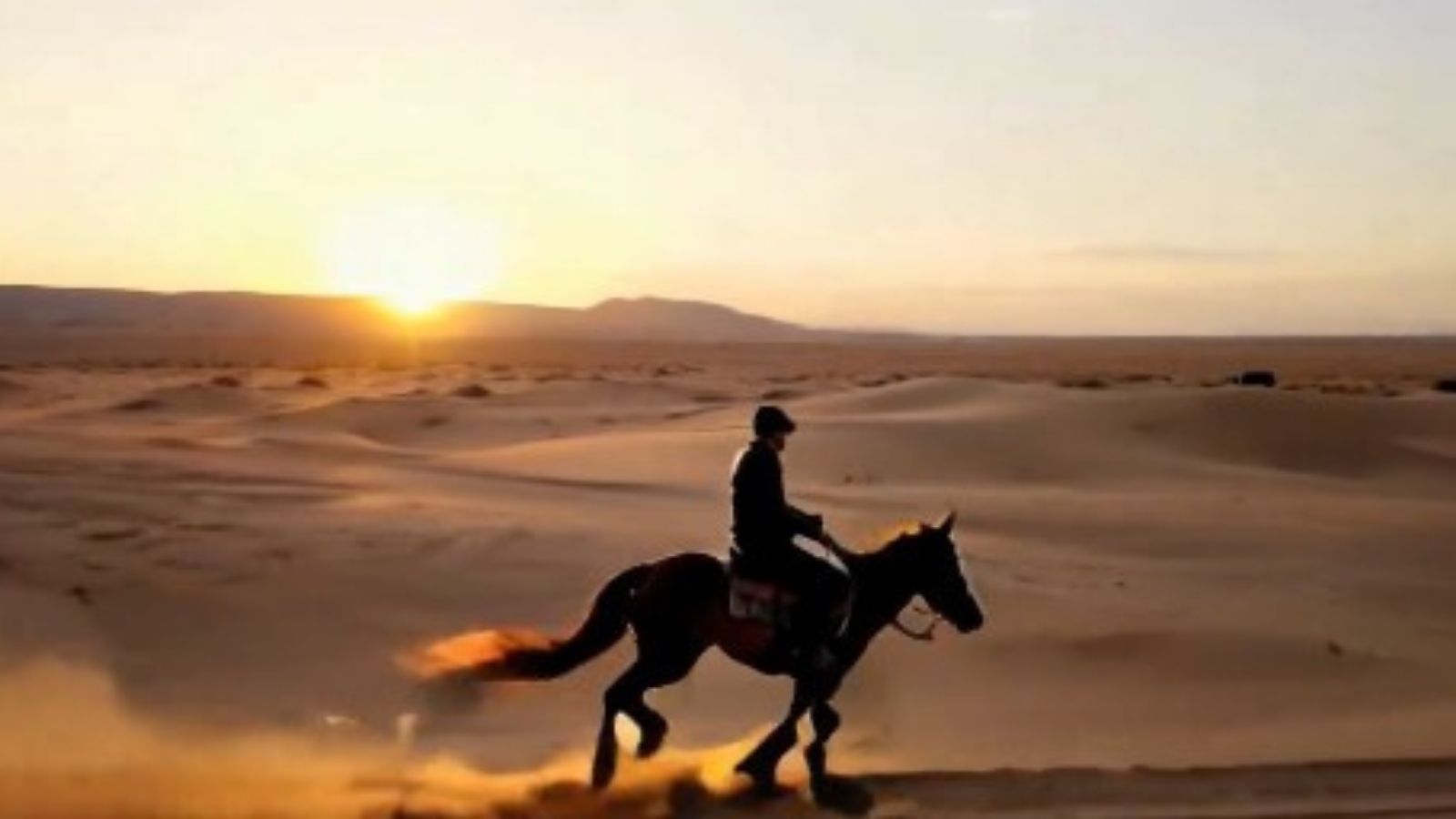Kuaishou Technology, a Chinese company known for its short-video platform, has recently unveiled its text-to-video model called Kling. This model is gaining attention for its impressive capabilities, positioning it as a strong competitor to OpenAI’s Sora.
Comparison
Video Length and Quality
Kling can create videos up to two minutes long at 1080p resolution and 30 frames per second (fps). In comparison, Sora, developed by OpenAI, is limited to one-minute-long videos. Several AI enthusiasts have shared their Kling-generated creations, displaying vivid visuals and accurate simulations of real-world physical properties.

Complex Motion Sequences
Kling’s advanced 3D face and body reconstruction, powered by the company’s proprietary technology (3D VAE), allows it to model large-scale realistic motions. Whether it’s a car driving on the road during sunset or a man riding a horse through the Gobi Desert, Kling captures intricate details with movie-quality precision.
Text-to-Video Translation
Kling reportedly uses a Diffusion Transformer architecture to translate textual prompts into visually compelling scenes. Its ability to simulate physical world characteristics sets it apart from other text-to-video models.
Availability and Access
Kling is currently available for testing on the kuaiying app, Kuaishou’s video shooting and editing platform. There are instances suggesting that Kling’s output surpasses that of Sora, even before Sora becomes widely accessible.
As the competition intensifies, both Kling and Sora are pushing the boundaries of what AI can achieve in video generation. For more such content, keep reading @techinnews



